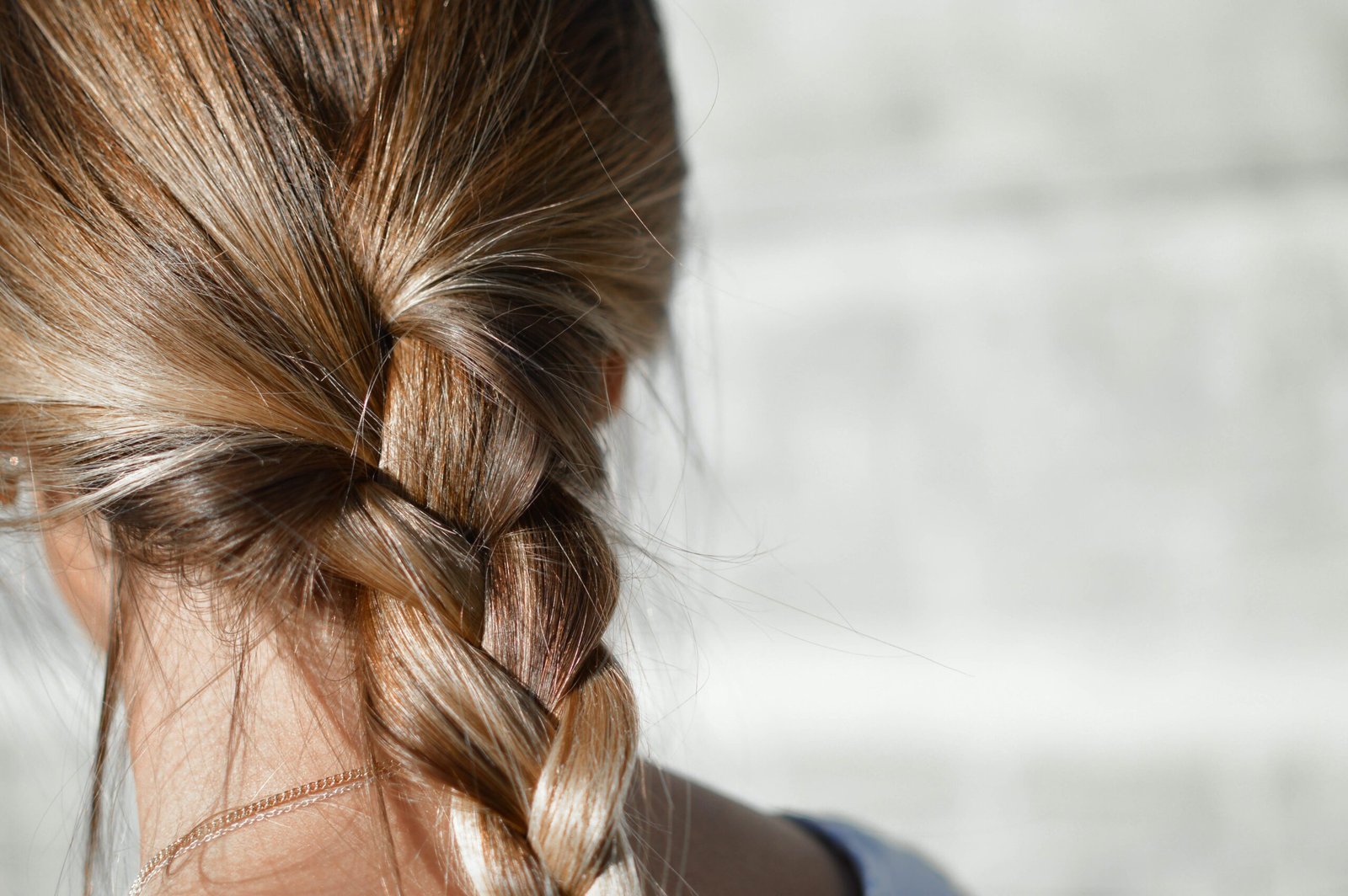Are you tired of dealing with hair loss? Do you dream of having luscious, thick locks that make heads turn? If so, you’re not alone. Hair loss is a common concern for both men and women, and finding effective solutions can be overwhelming. One popular remedy that has gained considerable attention in recent years is biotin. But does it really live up to its hype? In this blog post, we will explore the connection between biotin and hair loss, as well as uncover natural sources of this essential nutrient. So sit back, relax, and let’s dive into the world of biotin and its impact on your precious strands!
androgenetic alopecia
Androgenetic alopecia, also known as male or female pattern baldness, is the most common form of hair loss. It’s a genetic condition that affects millions of people worldwide. While it can be distressing to see your hair thinning and receding, understanding the underlying causes can help you find effective solutions.
In both men and women with androgenetic alopecia, an enzyme called 5-alpha reductase converts testosterone into dihydrotestosterone (DHT). This hormone then binds to specific receptors in the scalp follicles, causing them to shrink over time. As a result, the growth phase of the hair cycle becomes shorter while the resting phase lengthens.
While there are several factors that contribute to this condition, such as genetics and hormonal imbalances, studies suggest that biotin may play a role in promoting healthy hair growth. Biotin is a water-soluble vitamin from the B-complex family that supports various bodily functions.
Research shows that biotin helps strengthen keratin infrastructure – one of the key components of our hair strands. By improving keratin production at the cellular level, biotin aids in enhancing hair strength and resilience.
Despite its potential benefits for individuals experiencing hair loss due to androgenetic alopecia, it’s important to note that biotin alone may not be enough to reverse or halt this condition completely. It often works best when combined with other treatments recommended by healthcare professionals.
Now that we have explored how androgenetic alopecia impacts our precious locks let’s dive into how incorporating biotin-rich foods into our diet might offer some support on our journey towards healthier tresses!
Biotin and Hair Health: The Connection
The association between biotin and hair health stems from its involvement in the production of keratin, a protein vital for hair strength and structure. Keratin forms the basic building block of hair strands, enhancing their resilience against damage, preventing brittleness, and promoting overall hair strength.
Research suggests that biotin deficiency may lead to hair problems such as hair thinning, brittle hair, and even hair loss. However, it’s important to note that while biotin deficiencies are rare, they can occur, particularly in individuals with certain health conditions or dietary restrictions.
The Role of Biotin in Hair Growth
While biotin’s direct impact on hair growth isn’t conclusively proven, its ability to support the overall health of hair follicles is well-documented. Healthy hair follicles are crucial for robust hair growth. Biotin aids in the production of amino acids that form keratin, contributing indirectly to the nourishment of follicles and thereby potentially promoting hair growth.
Sources of Biotin and Supplementation
Biotin is naturally found in various foods such as eggs, nuts, seeds, leafy greens, and whole grains. However, its availability in these sources might not always meet individual requirements, leading many to turn to supplements.
Supplementation with biotin is a popular choice for individuals aiming to boost their hair health. These supplements are available over-the-counter in various doses, often combined with other vitamins and minerals targeting hair, skin, and nail health. However, it’s important to consult a healthcare professional before starting any new supplement regimen, as excessive intake of biotin or interactions with other medications could pose risks.
Cautions and Considerations
While biotin is generally considered safe when taken within recommended doses, there are considerations to bear in mind. High doses of biotin might interfere with certain blood tests, leading to erroneous results, particularly those measuring hormone levels or markers for heart attacks and thyroid function. Thus, it’s crucial to inform healthcare providers about any biotin supplementation before undergoing such tests.
Conclusion
In the pursuit of healthier, more vibrant hair, biotin stands out as a promising ally. While its direct impact on hair growth may not be definitively established, its role in supporting overall hair health and strength is evident. Whether through dietary intake or supplements, ensuring adequate levels of biotin may contribute to maintaining resilient, beautiful hair.
Remember, maintaining a balanced diet and consulting with healthcare professionals for personalized guidance remain fundamental practices in nurturing not just your hair, but your overall well-being.
